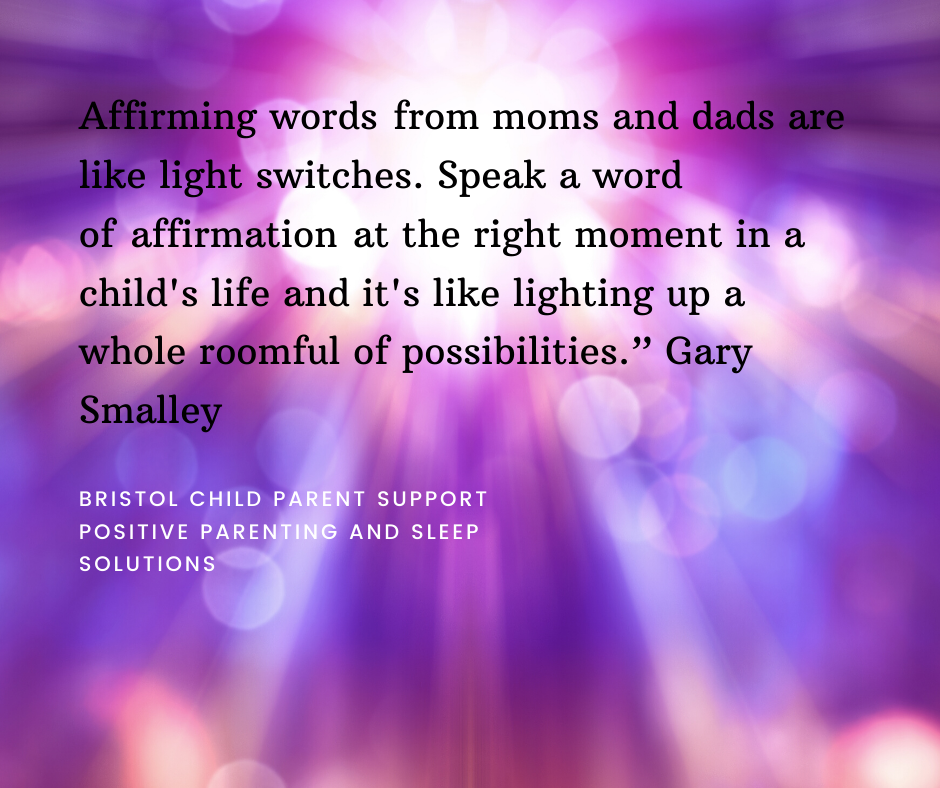In some parts of society, there is a belief that spending time playing can be unproductive and frivolous. Don’t you think we’ve lost the joy, sense of fun and playfulness in our lives? This may be even more challenging in lockdown!
I believe offering your full attention to your child is an expression of love!
If you knew that 15 minutes a day of Special time or three times a week might deepen your connection with your child, you would do it, wouldn’t you? It is essential if your child has tantrums or struggles in Lockdown. You can help them by playing together. Parents often attend my clinic when dynamics are stuck. Special time is an opportunity to change.
There are many different types of play, social, imaginative, object, ritual, etc. So, let’s reflect on the importance of play and how using particular time strengthens your connection with your children.
Why is Play Time so important?
1. It teaches us how to socialise and learn how to cooperate.
If we look, play is everywhere in the animal kingdom. Bears, rats, cats, and dogs are all known for liking a tussle or play-fight. Play helps animals hunt, but also socialise. Studies showed that despite depriving them of play fighting, they could still hunt. However, what they never learn is socialise. (p32 Stuart Brown, M.D Play, How it Shapes the Brain, Opens the Imagination and Invigorates the Soul)

This is one of the reasons why rough, tumble, and tumble ( assertive play) have an essential function in humans. It helps children understand boundaries, where to push or stop, and the balance between teasing and taunting.
2. It helps with Emotional Regulation
Rough and tumble play is crucial in Lockdown, even though we may not be outside as much. Jaak Panksepp, a renowned play researcher, shows it stimulates growth factor that enhances the higher human brain, which helps us to manage emotions better and be more empathic.
3. It promotes attunement ( connection)
Developmental psychology has evidence of the importance of “serve and return” interactions. Even if your child is a baby, it’s as simple as you gaze at them; they babble, smile, and you respond. You may sing to them too. These interactions enable brain currents to sync between you and your child. This is called “attunement”, and it feels great when it happens. This does not have to cease as your children age; we must find other ways to play with them.

4. Encourages imagination and promotes creativity and problem-solving.
Children naturally go between pretend and reality. Imaginative play enables making a coherent narrative ( story of their worlds). We continue to do that throughout our lives. Imagination is the cornerstone of creativity, problem-solving, and innovation. Society is going to need that following Lockdown.
How to implement Special Time
What is a Special time?
I first came across the idea of Special Play Time from Dr Carolyn Webster Stratton, who developed the Incredible Years Parenting Programme, recommended in NICE guidelines for ADHD. I was lucky to be offered the training whilst working in CAMHS in the NHS.
- She believed it was helpful to set aside a time each day ( or at least twice a week) for 10 minutes minimum ( most parents I work with find this limiting, so 15-20 minutes may be more suitable).
- Use a timer and be clear on the start and finish times.
- It’s good to have the same time during the day and not near bedtime. ( This may overstimulate your child before sleeping) .
- Call it a Special time. It is one-to-one time and great for sibling rivalries too.
- Let them choose what to do, and children have so little power. If they don’t know, offer two choices.
- Ensure they have your total presence and focus for that time.
You may feel you are always playing with your child in lockdown or juggling a job and taking care of the children too. Special time may be the answer. When you are busy and your children want your attention. Children feel that they are essential to you. This decreases their need to misbehave as a wrong way to find belonging and significance. It is easier for them to accept that you don’t have time when you say:
“I can’t right now, but I am looking forward to our special time at 4:30 pm”
Ideas of Play in Special Time
I know not everyone feels comfortable or good at playing with their children. Please be compassionate with yourself; you may not have much one-on-one play as a child. Using props can help, such as footballs, balls, balloons, puppets, feathers, cards, or colouring books. I’ve spent hours with my children and many boys I worked with. We don’t always need to make it complicated; keep it simple.

- You can blow on their tummies and wrestle. Lots of rough-and-tumble play. If you are concerned your child becomes over-assertive and excited ( you can set a boundary, and we will have a break when this happens…….It is always helpful to discuss the boundary before starting. Your child will then understand your expectation)
- Engage in role-playing and make-believe.
- Let’s make a den; let’s build a castle.
Remember:
- Offer them your presence; take a deep breath before starting. Turn off your phone.
- Refrain from competing with your children.
- Don’t expect too much, and keep going. If your child is primarily oppositional, they may reject it at first. Don’t give up; sometimes, doing something different can initiate change.
- The focus is on interacting and doing free play. Hence, it is not the time when you read, do homework, or watch a screen. Bedtime rituals are separate.

- Try not to criticise; encourage their ability to work it out, so curb your desire to help.
- Encourage problem-solving, taking turns, and creativity.
In Conclusion
It is an understatement to say this is not the easiest of times. We all have to dig deep and reflect on our lives. I hope these ideas will encourage you to offer your attention for a moment. Thank you for taking the time to read this. You can subscribe to my newsletter for events, blogs, and other goodies I don’t place on Facebook. If you need support and want to change your relationship with your child, contact me for a Zoom or Telephone Consultation; with Love and Gratitude, Catherine.



